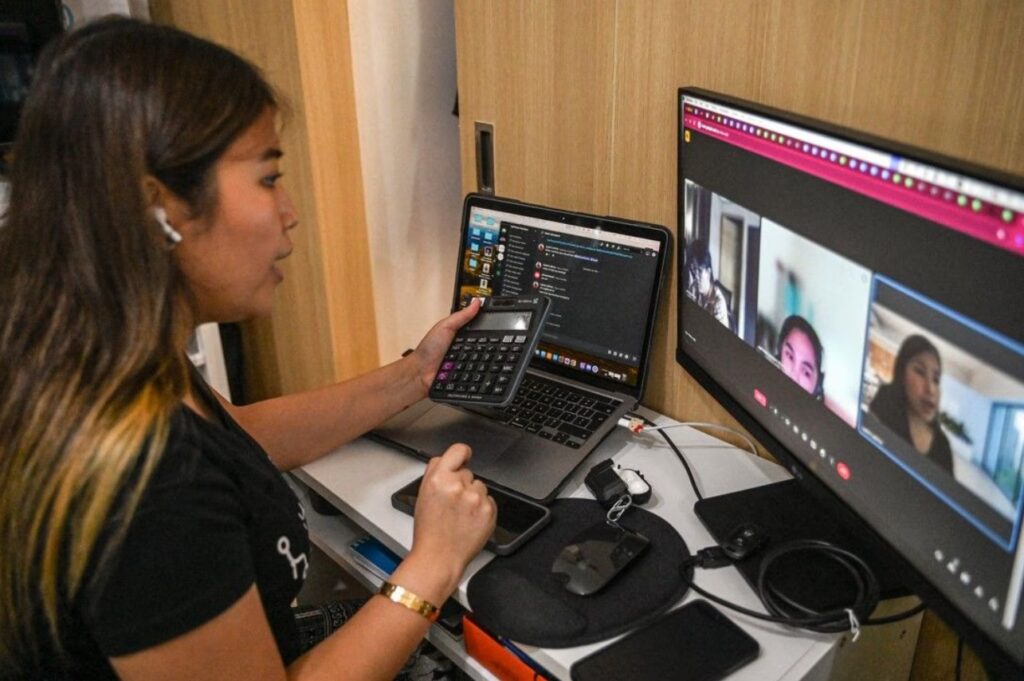Expanding into the Philippines offers businesses access to a tech-savvy workforce, competitive labor costs, and strong English proficiency. However, many foreign companies hesitate to manage offshore Filipino workers because of the time, cost, and complexity involved in business registration. Thankfully, there is a legal way to hire in the Philippines without registering a business.
Below, we’ll explain how an Employer of Record (EOR) works, how it enables you to hire without registering locally, and the situations in which you may still need to establish a local entity.
Do You Still Need to Register a Business to Hire in the Philippines?
Normally, if you want to hire employees in the Philippines, you must establish a legal presence there. This means registering a local entity, setting up a physical office, and complying with requirements from the Securities and Exchange Commission (SEC), Bureau of Internal Revenue (BIR), Social Security System (SSS), PhilHealth, and Pag-IBIG Fund.
This process is time-consuming and resource-intensive for many businesses, often taking months before you can legally hire.
However, if you use an Employer of Record, you do not need to register your own business entity in the Philippines. The EOR becomes the legal employer on your behalf, handling compliance while you manage the employee’s day-to-day tasks.
What Is an Employer of Record (EOR)?
An Employer of Record (EOR) is a third-party service provider that legally employs workers on behalf of a foreign company.
Here’s how it works:
- The EOR is the official employer listed in government records.
- Your company directs the employee’s work and integrates them into your team.
- The EOR manages compliance, payroll, benefits, and local labor obligations.
This arrangement lets you hire Filipino professionals quickly and legally, even if your company has no registered presence in the Philippines.
Benefits of Using an EOR for Hiring in the Philippines
Partnering with an EOR offers several advantages:
- Faster market entry – You can hire within weeks instead of waiting months for business registration.
- Reduced costs – Avoid the expenses of incorporating, maintaining, and auditing a legal entity. You also will not need a physical office.
- Flexibility – Scale your workforce up or down without the long-term commitments of an entity.
- Risk mitigation – The EOR ensures compliance with Philippine labor laws, reducing your liability.
- Employee satisfaction – Workers receive proper benefits, payroll accuracy, and legal protections, which builds trust and retention.
For companies testing the Philippine market or hiring remote specialists, an EOR is often the most efficient solution.
Compliance Obligations Handled by an EOR
Hiring in the Philippines requires strict compliance with labor and tax regulations. An EOR takes on these responsibilities, including:
- Employment contracts – Drafting legally compliant agreements in line with Philippine labor laws.
- Payroll processing – Calculating salaries, overtime, and deductions accurately.
- Tax withholding and remittances – Ensuring proper payments to the BIR.
- Government contributions – Managing employee and employer contributions to SSS, PhilHealth, and Pag-IBIG.
- Leave and benefits compliance – Tracking leave entitlements, 13th-month pay, and mandatory benefits.
- Termination procedures – Handling employee exits in line with legal requirements.
With these taken care of, your company avoids administrative burdens while staying compliant.
When You Still Need to Register a Local Entity
While an EOR offers a long-term, efficient way to build an offshore workforce in the Philippines, there are situations where establishing a local entity may be necessary or more practical:
- Large-scale operations – If you plan to hire hundreds of employees or open physical offices.
- Direct client-facing activities – When your business needs to invoice local clients or enter into contracts directly in the Philippines. This includes on-site services, signing sales agreements, and maintaining local client accounts.
- Sales, Services, and Manufacturing: If you plan to sell goods and services to local Filipinos.
- Permanent presence – If your strategy includes long-term, large investments in the country.
- Regulated industries – Certain sectors may require local incorporation for licensing or compliance reasons.
In these situations, you may start with an EOR for speed and flexibility, then transition to registering your own entity once operations expand.
OutTask as Your Employer of Record (EOR)
OutTask goes above and beyond as your Employer of Record (EOR). We can legally hire employees on your behalf while ensuring full compliance with Philippine laws. In addition, we provide support with recruitment marketing, candidate vetting, skills training, and equipment procurement, ensuring you get the best workforce.
Our professional services include:
- Employer of Record (being the employer on your behalf, so that all compliance requirements will be our responsibility)
- Payroll Management
- HR Services
- Recruitment Marketing and Hiring
- Job Analysis and Candidate Vetting
- Training and Equipment Procurement
- Compliance and Benefits Management
Final Thoughts
So, can you hire in the Philippines without registering a business? Yes, through an Employer of Record. An EOR allows you to tap into the Filipino talent pool quickly, cost-effectively, and legally, without the administrative headaches of setting up an entity. Contact us today to build, grow, and manage your offshore workforce in the Philippines.
Are You Looking to Hire the Best Filipino Professionals?
The Philippines offers an English-fluent workforce that is highly educated, tech-savvy, and cost-effective. OutTask can serve as your Employer of Record (EOR), helping you recruit top-tier Filipino talent while handling the complexities of HR, payroll, and local compliance.
Schedule a consultation with one of our experts:
- Contact Us Here
- Fill Out The Form Below
- Email us at: info@outtask.ph



